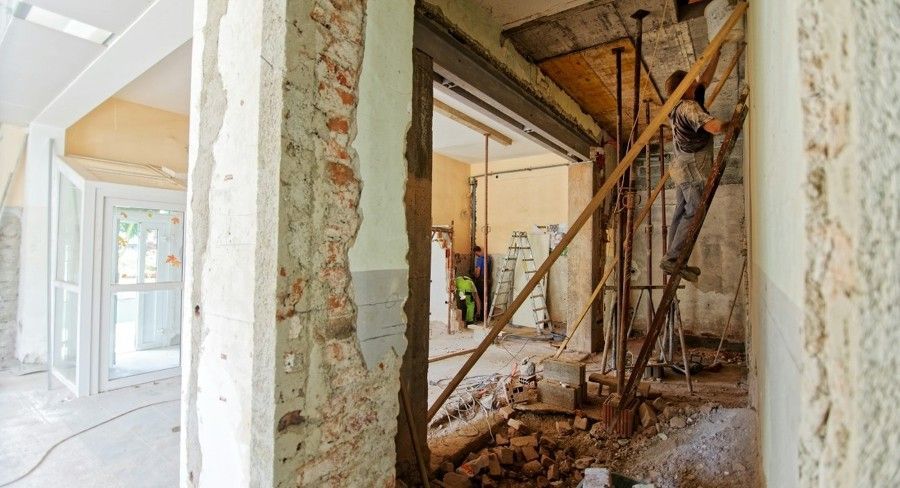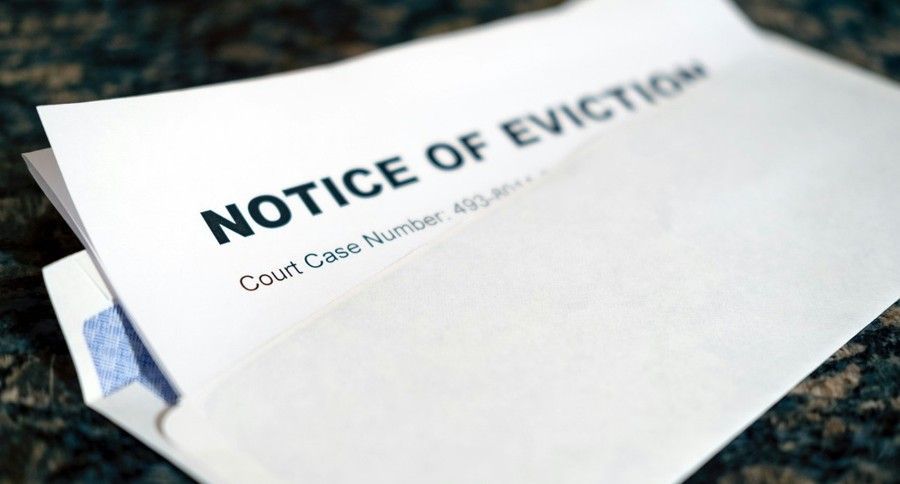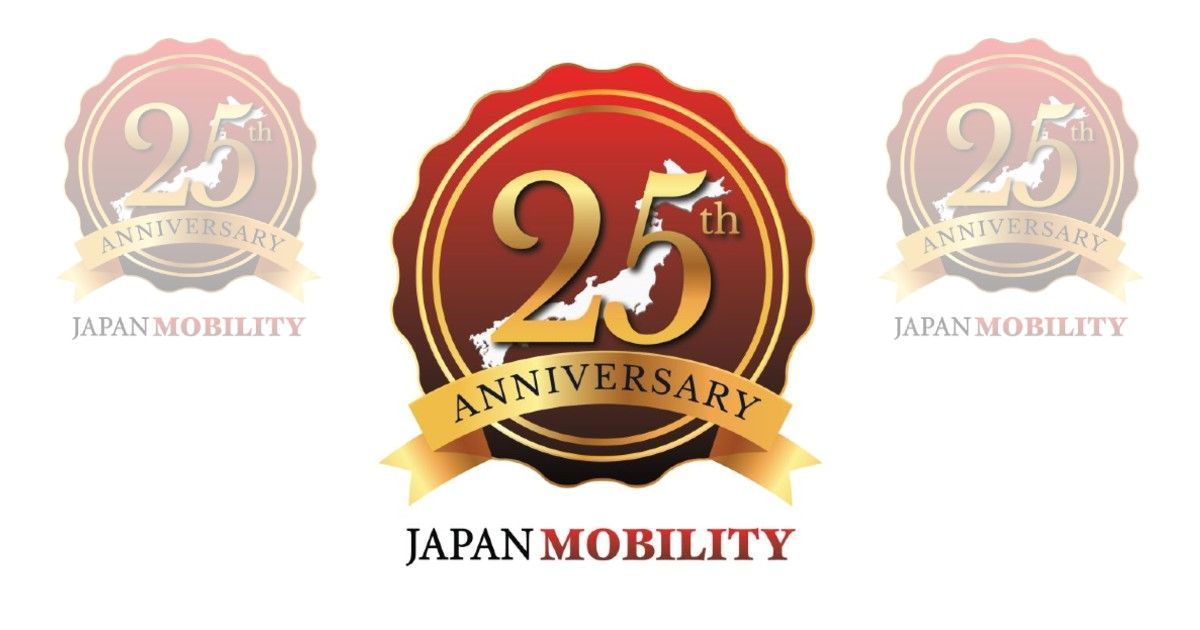Navigating Japanese Housing Leases: Understanding Usage Prohibitions
Finding the perfect place to call home in Japan is an exciting endeavour, filled with anticipation and possibilities. However, amidst the excitement of securing a home away from home, it's crucial to familiarize yourself with the nuances of Japanese housing leases, including the usage prohibitions that shape the tenant-landlord relationship.

From subleasing to pet policies, these restrictions play a pivotal role in maintaining the integrity of rental properties and fostering harmonious living environments, something that is highly regarded in Japanese culture. Let's delve into the essential usage prohibitions commonly found in Japanese housing leases and explore their significance.
Subleasing
Subleasing, the practice of renting out a leased property to a third party, is often prohibited in Japanese housing leases without explicit consent from the landlord. This restriction serves to protect landlords' interests and maintain control over who resides on the premises. It also helps mitigate potential issues related to liability, property damage, and unauthorized occupants.

Commercial Activities
Often found right at the top of your contract, residential properties in Japan are primarily intended for residential use, and engaging in commercial activities without prior approval may be prohibited. This includes running businesses, operating home-based enterprises, or using the property for commercial purposes, including using the property as an Airbnb or other type of hotel accommodation. Such restrictions aim to preserve the residential character of neighbourhoods, prevent disruptions to neighbours, and ensure compliance with zoning regulations.
Alterations and Renovations
Tenants are typically prohibited from making significant alterations or renovations to the property without the landlord's consent. This includes structural changes, modifications to plumbing or electrical systems, or renovations that alter the property's original layout. By seeking permission before undertaking any alterations, tenants can avoid potential disputes and ensure compliance with lease terms and local building codes.

Nuisance and Disturbance
Maintaining a peaceful and respectful living environment is paramount in Japanese housing leases. Tenants are expected to refrain from behaviours that may disturb neighbours or cause nuisance, such as excessive noise such as listening to music or watching TV at high volume, disruptive gatherings like parties, or activities that interfere with others' enjoyment of the property. These provisions promote mutual respect among tenants and contribute to a harmonious community atmosphere. Threatening behaviour to other tenants is also strictly prohibited and efforts should be made to avoid disputes with neighbours.
Musical Instruments
Musical maestros may be disappointed to know that the playing of musical instruments is generally prohibited in lease properties, and this doesn't just apply to apartment buildings. While a detached/standalone house may be more flexible on this matter, it's best not to assume that you'll freely be able to practise your favourite Mozart sonata when you get home from work. Some exceptions can be made, such as an electric keyboard with headphones with the understanding that it will not generate any noise that may disturb other residents. Oh, and it would probably be best not to bring your grand piano with you.

Illegal Activities
Engaging in illegal activities within the premises, such as drug-related offences or criminal behaviour, is strictly prohibited and grounds for immediate eviction and fines. Landlords have a legal obligation to maintain safe and law-abiding rental properties, and tenants found in violation of this provision risk severe consequences, including termination of the lease and legal action. It may sound comical at first, but as part of your lease, you'll need to promise that you are not part of or involved in any way with the Japanese mafia!
Pet Restrictions
While pet-friendly rentals are becoming more common in Japan, many leases impose restrictions or require approval for keeping pets on the premises. These restrictions may include limitations on the size, breed, or number of pets allowed, as well as requirements for additional fees or deposits. By adhering to pet policies, tenants can ensure a harmonious coexistence with their furry companions and fellow residents.
You'll want to learn more about bringing a pet to Japan, and be aware that explicit permission must be granted by the property owner before allowing a pet into the property. Dangerous animals are also strictly prohibited, so I’m afraid you can’t bring your venomous snake with you.

Smoking Policies
With growing awareness of health and cleanliness, many landlords enforce strict no-smoking policies within rental properties. Smoking may be prohibited indoors or restricted to designated smoking areas outside the building. These policies aim to create a smoke-free environment for tenants, mitigate fire hazards, and promote the well-being of all residents. This also includes balconies, where the smoke can easily pass from one apartment to another. If you are found to have been smoking within the premises, you will likely be charged with additional cleaning fees and for the full replacement of wallpaper, regardless of the condition.

Listed Tenants Only
While temporary stays by friends and family are generally not an issue, it's very important to ensure that only people living in the property are those listed in the lease. With the exception of deaths and births (although notification to the landlord is required), permission must be granted for other tenants to reside in the property. Do not allow someone to use your address for the purpose of registration unless they actually live there with approval from the property owner.
Manufacturing and Storing of Dangerous Items
This may sound too obvious to mention, but many contracts will specifically restrict the storing and handling of items considered dangerous, such as explosives, guns, swords, flammables and other dangerous items such as narcotic drugs.
Breaking the Rules
The ramifications for breaking these rules are usually spelled out very clearly in the contract. Simply put, depending on the severity and level of willingness of the tenant to fix the issue, the landlord has the right to terminate the lease immediately, sometimes without notice. Any fees incurred by this termination are charged back to the tenant.

Conclusion
Navigating Japanese housing leases involves more than just finding a place to live; it requires a thorough understanding of usage prohibitions and lease terms that govern the tenant-landlord relationship. By familiarizing yourself with these restrictions and adhering to them conscientiously, you can cultivate a positive living experience, contribute to your immediate community and give a positive portrayal of foreign tenants that Japanese tenants may not be accustomed with. Remember that the property belongs to someone else, and it should be treated as such.






















